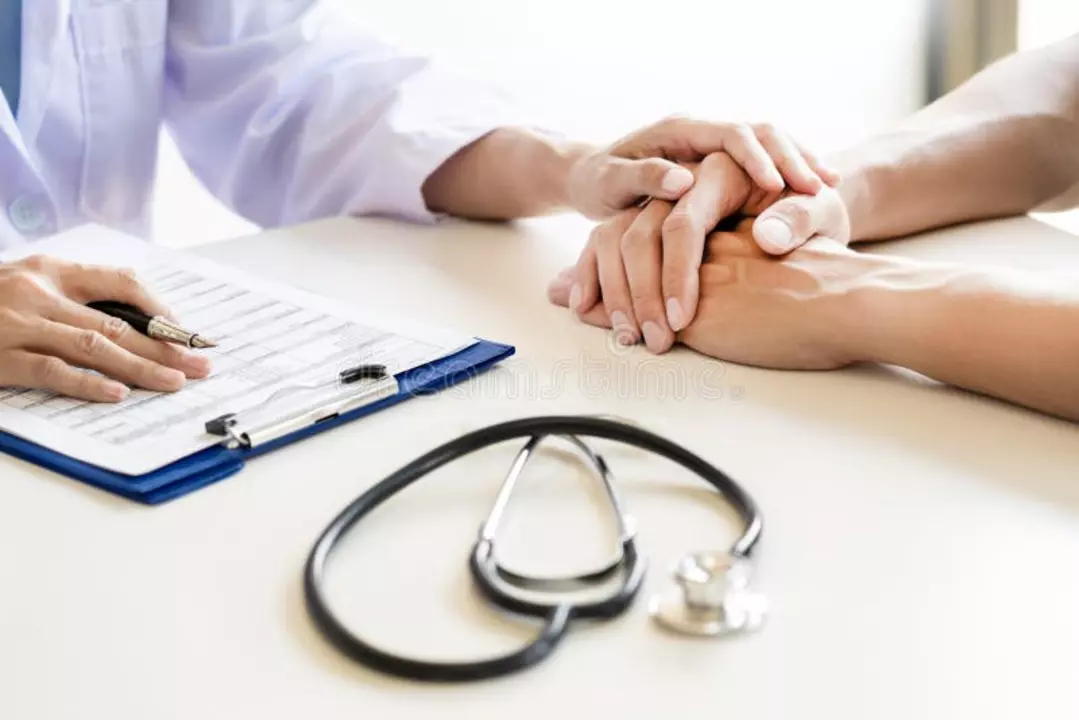Pharma Ethics: How to Make Safe and Moral Choices Online
If you’ve ever clicked “add to cart” on an online pharmacy, you’ve already stepped into a grey zone where convenience meets responsibility. The internet makes it easy to get meds fast, but the ethical side can be confusing. Are you supporting legit businesses? Could your purchase hurt someone else’s health? Let’s break down what ethical pharmacy shopping looks like and give you a roadmap you can trust.
Why Ethics Matter When Shopping for Meds
First off, buying medication isn’t just a personal transaction; it touches the whole supply chain. Illegal or unverified sites often source drugs from places with weak quality controls. That means you could end up with counterfeit pills that don’t work—or worse, harm you. By choosing reputable pharmacies, you help keep shady operators out of business and protect the overall safety net for everyone.
Second, there’s a legal angle. Many countries have strict rules about prescription drugs, and bypassing them can land you in trouble. Even if you think you’re just saving a few bucks, breaking the law undermines public health policies designed to keep medicines effective and affordable.
Finally, consider the broader impact on healthcare costs. When counterfeit or sub‑standard meds flood the market, insurers and governments often end up paying higher prices for genuine alternatives. Ethical buying helps curb that ripple effect.
Practical Tips for Ethical Online Pharmacy Use
1. Verify credentials. Look for a pharmacy that displays a valid license number or certification from a recognized authority (e.g., the UK’s General Pharmaceutical Council). A quick search of the license can confirm if they’re legit.
2. Stick to prescription requirements. If a site offers a prescription‑only drug without asking for a doctor’s note, that’s a red flag. Legit pharmacies will either ask you to upload a valid prescription or provide a telehealth consult with a licensed professional.
3; Check reviews wisely. User feedback can be useful, but focus on detailed experiences rather than generic praise. Look for comments about product authenticity, packaging, and customer service response times.
4. Compare prices responsibly. Extremely low prices often signal a problem. If a deal seems too good to be true, it probably is. Use price comparison tools, but set a realistic floor based on average market rates.
5. Protect your data. Reputable sites use HTTPS encryption and have clear privacy policies. Avoid pharmacies that ask for unnecessary personal information or payment through insecure methods.
By following these steps, you not only safeguard your own health but also contribute to a cleaner, more trustworthy online pharmacy ecosystem.
In the end, ethics in pharma is about making choices that respect safety, legality, and fairness. It’s easy to get caught up in the allure of quick fixes, but a short pause to verify a site can make all the difference. So next time you’re tempted to click “buy now,” ask yourself: Is this the right thing for me and for the wider health community? If the answer is yes, you’ll know you’re on the ethical side of the pill‑popping world.
As a society, we must address the ethical concerns surrounding sickness and healthcare provision. It's crucial to ensure that everyone has access to quality care, regardless of their income or social status. We need to consider the moral implications of healthcare policies that may lead to inequalities in treatment. Additionally, it's essential to recognize the rights and dignity of patients, as well as the responsibilities of healthcare providers. Ultimately, acknowledging and addressing these ethical issues is vital in creating a just and compassionate healthcare system for all.

